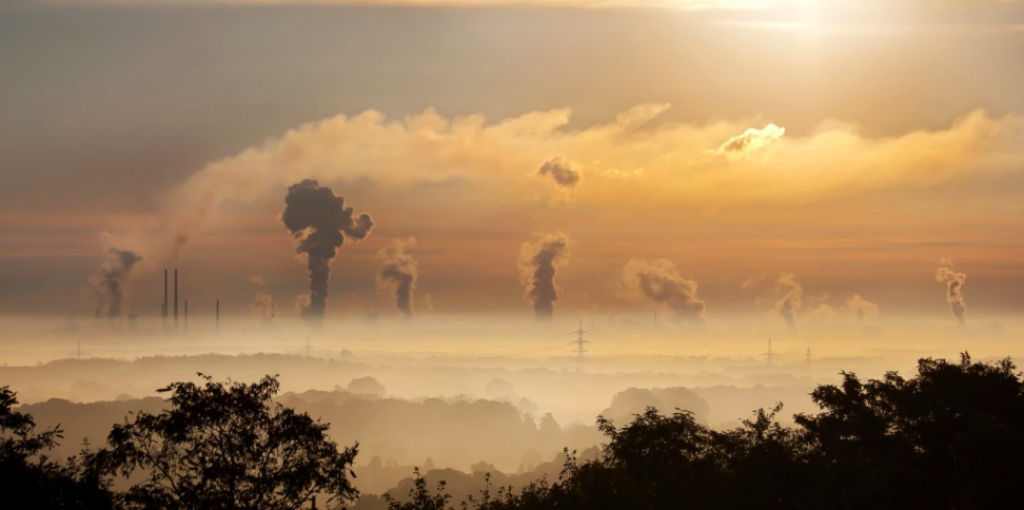At first, we would think that the low economic activity and the drastic decrease in CO2 emissions would be positive for the environment. In the article for HEIDI News, Prof. Joëlle Noailly emphasize the impact on carbon accountability. With the recession underway, the price of carbon in the quota trading system, the main mechanism for regulating corporate emissions in the European Union and Switzerland, is collapsing. She claims that: “The demand to pollute is falling sharply. As a result, the price per tonne of carbon went from 25 euros in early March to just 15 euros today. With such a low price, companies have no incentive to innovate or find alternative solutions. ”
In her interview for RTS 'L'invité-e de la Matinale', she underlines that the current level of emissions has dropped but only temporarily. Countries will have to adopt new measures following the crisis to boost the economy. It has an unprecedented impact on governments from a national and international level. At a national level, the upcoming economic crisis would be at the forefront of national agendas, leaving behind the fight for climate change. This means that governments will support fossil fuels and airline industries to boost the economy. Consequently, the post-crisis usual situation would also lead to an increase in emission. This would also mean that directly after the health crisis, individuals would tend to use more emissions. Adding to that, most of international conferences, such as COP26, have been rescheduled to 2021 which delays the Paris Agreement objectives.
After the crisis, there is a fear that people will return to their consumption and travelling habits. However, this crisis can also be an opportunity to change mentality from an individual, national and global levels. This would greatly depend on the various policies following the health crisis but public opinion can have a great impact on them.
To read the article on HEIDI News
To watch the interview on RTS 'L'invité-e de la Matinale'
Please find below the e-seminar from, Joëlle Noailly on the impact of COVID-19 on climate change presented on April 16th, 2020.


